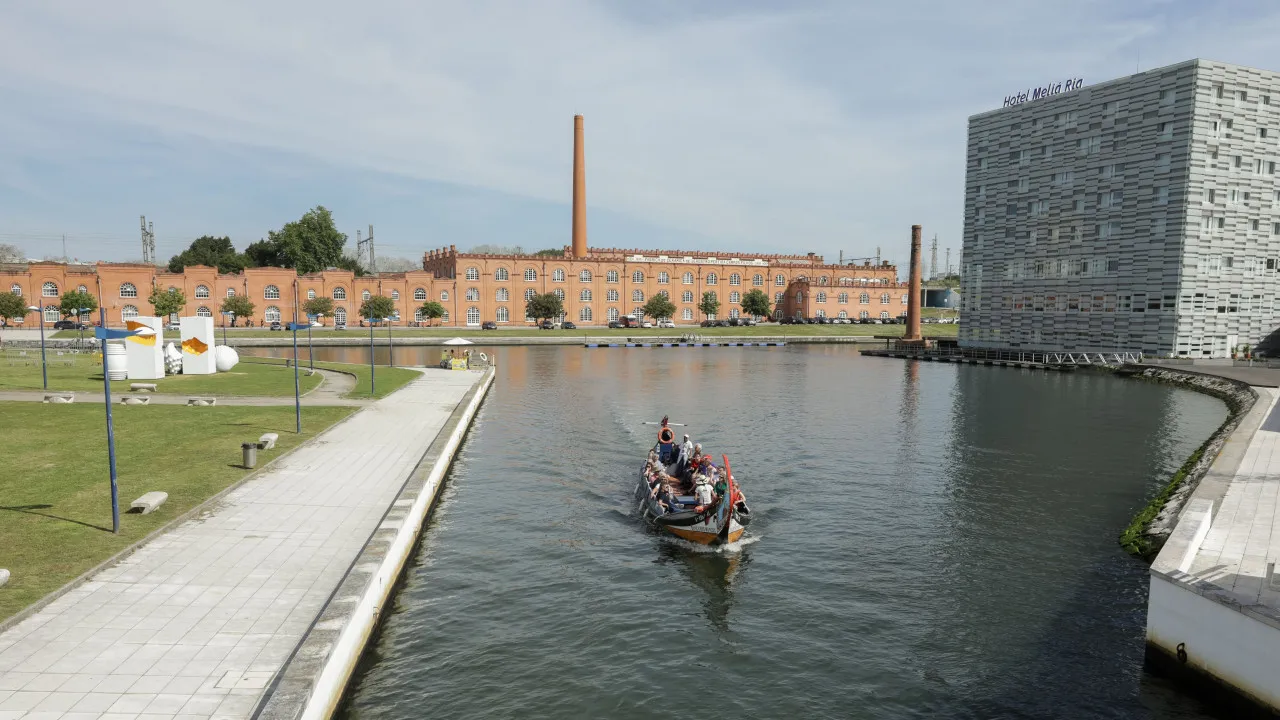
The alert was raised during a protest organized by Solidariedade Imigrante – Association for the Defense of Immigrants’ Rights, which gathered around a thousand immigrants in Porto, according to organization figures.
The protest took place in front of the Temporary Installation Center in Porto, following reports of the detention of a 28-year-old immigrant who has been in Portugal for three years and holds an employment contract.
The association stated that the man was detained due to a non-criminal alert issued by the Schengen Information System because the immigrant had applied for asylum in another European country before moving to Portugal and was neither investigated nor convicted in that country.
José Soeiro, the author of the complaint about the detention that occurred on July 18, said in testimony published in Expresso that a judicial appeal requesting the immigrant’s release has been submitted and could be decided “in the coming days.”
“Our expectation is that, on one hand, he will be released, as he is imprisoned without committing any crime, and on the other hand, that such processes do not recur. These are people with a mention in the information system, but it is not of a criminal nature, but because they passed through another country. They cannot be imprisoned or detained without having committed a crime,” he argued.
Questioned about the conditions of the immigrant’s detention, José Soeiro and a lawyer met with him last week, the former deputy revealed that “he has 20 minutes daily to be outside in the yard and has access to his mobile phone for part of the day.”
Once released, José Soeiro believes the immigrant will “regain his job at a company with a permanent employment contract,” noting that the law protects him because he is missing work involuntarily.
Regarding the legal support obtained for the immigrant and whether the same is happening with the other nine, the politician stated that “in theory, everyone should have access to a lawyer, but what happens is that sometimes they are court-appointed and lack time to dedicate to the cases,” leading to very fragile defense, compounded by the absence of qualified translators.
During the protest, immigrant Amarpal Singh accused the Authority for Integration, Migration, and Asylum (AIMA) of not doing its job, by failing to verify potential irregularities raised against immigrants, a process complicated by the lack of competent translators.
Karan Sood, another immigrant who has been in Portugal for three years “with an employment contract and taxes paid monthly,” went further, accusing Portugal of “not communicating with immigrants, despite efforts to achieve legality.”
“The Schengen system is what tells us to leave the country, but the Portuguese state should verify what is written there,” he argued.
Today’s protest gathered immigrants who have lived in Portugal for years, many working in essential but low-paid sectors such as agriculture, construction, domestic services, hospitality, and elderly care.
Many have children in Portuguese schools, no criminal records, and strong community ties, the organization revealed in a press release.




